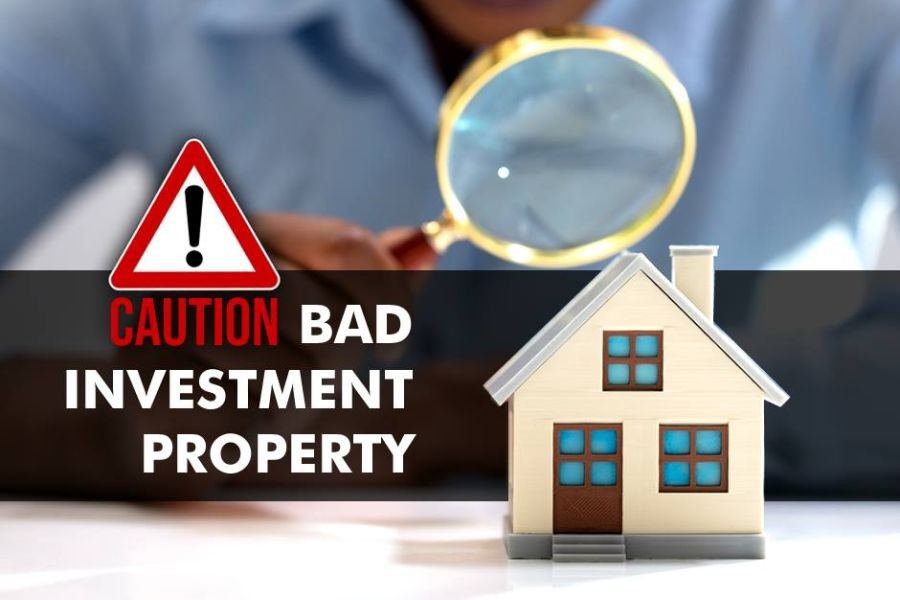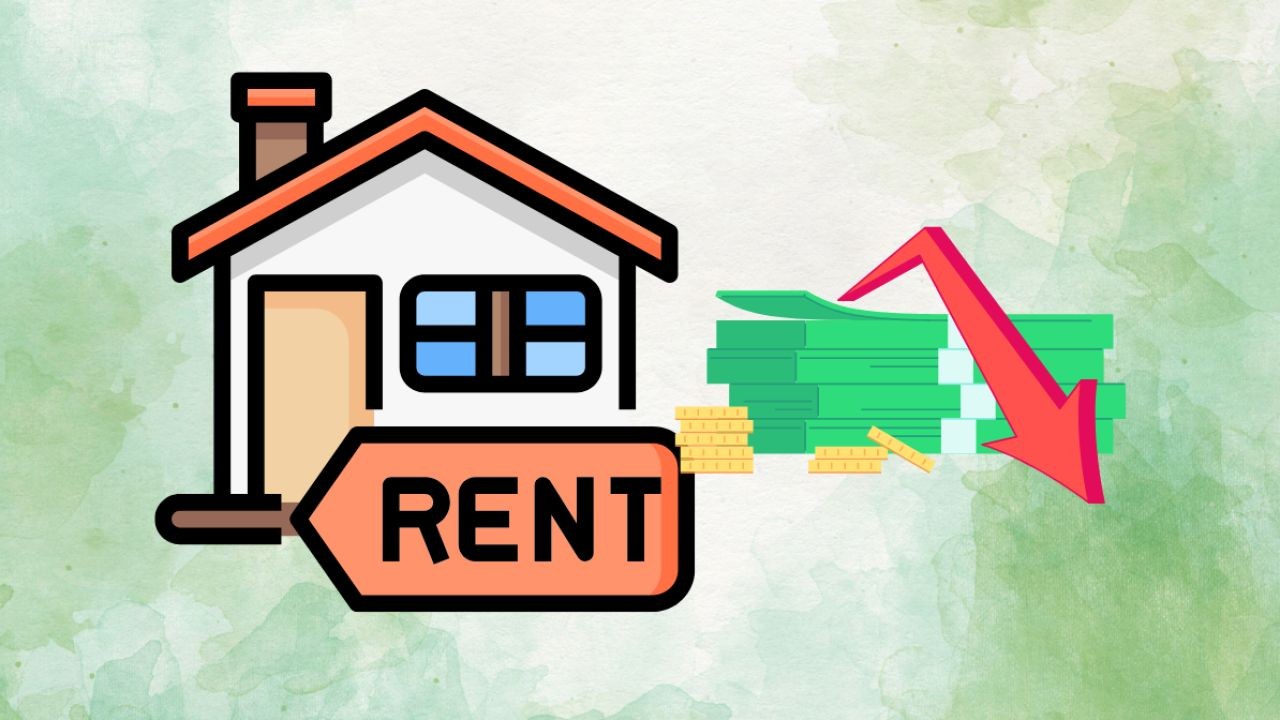Purchasing your first home in New Zealand is a significant milestone, often surrounded by excitement and anticipation. Yet, amid the thrill, there's a lurking risk of making a poor investment decision that could haunt you financially for years. In a market where property prices have soared by 27% since 2024, according to Stats NZ, understanding how to identify a bad investment is more crucial than ever. This article delves into the critical aspects of spotting a bad investment before buying your first home, tailored specifically for New Zealand's unique economic landscape.
Understanding the New Zealand Housing Market
The New Zealand housing market is characterized by its dynamic nature, influenced by various factors such as government policies, economic conditions, and global trends. Recent data from the Ministry of Business, Innovation and Employment (MBIE) indicates that the median house price in Auckland has reached NZD 1.2 million, raising affordability concerns. Furthermore, the Reserve Bank of New Zealand has implemented measures to cool the market, such as loan-to-value ratio (LVR) restrictions, which have had a mixed impact on housing affordability and investment potential.
Case Study: The Consequences of Ignoring Market Trends
Consider the case of Sarah, a first-time homebuyer in Wellington. In 2023, Sarah purchased a property without considering the emerging trend of remote work, which led to a significant population shift from urban centers to regional areas. Within a year, property values in her suburb dropped by 15%, while regional properties appreciated significantly. This highlights the importance of understanding market trends and their potential impact on property values.
The Role of Data in Identifying Bad Investments
Investors must rely on data to make informed decisions. A comprehensive analysis of market trends, historical price movements, and future projections is essential. According to a report by Property Council New Zealand, areas with declining populations or stagnant economic growth often witness lower property appreciation rates. Investors should leverage tools such as CoreLogic's Property Value to access detailed property data and market insights.
Common Myths & Mistakes in Property Investment
- Myth: "Real estate always appreciates in value." Reality: While property values have generally increased over time, specific markets or periods can experience declines. The 2008 global financial crisis is a prime example, where property values in many regions plummeted.
- Myth: "The bigger the property, the better the investment." Reality: Larger properties often come with higher maintenance costs and may not always yield better returns. Smaller, well-located apartments can sometimes offer better rental yields.
- Myth: "You should always buy in a popular area." Reality: While popular areas are often seen as safe investments, they can be overpriced. Emerging suburbs with planned infrastructure developments can offer better growth potential.
Spotting Red Flags: Key Indicators of a Bad Investment
Identifying a bad investment requires a keen eye for red flags. These include:
- Stagnant or declining population: Areas experiencing population decline often see reduced demand for housing, negatively impacting property values.
- Lack of infrastructure development: Properties in areas without planned infrastructure improvements may not experience significant appreciation.
- High vacancy rates: A high vacancy rate can indicate oversupply or low demand, affecting rental yield and resale value.
Expert Insights: Financial Planning for First-Time Buyers
Financial experts emphasize the importance of a solid financial plan when purchasing a home. According to a study by the New Zealand Financial Planners Association, first-time buyers who seek professional financial advice are 40% more likely to make a profitable investment. This includes understanding mortgage options, budgeting for ongoing costs, and evaluating long-term financial goals.
Pros vs. Cons of New Zealand's Property Investment
Investing in New Zealand's property market comes with its set of advantages and challenges:
Pros:
- High demand: New Zealand's population growth drives demand, potentially increasing property values.
- Favorable tax policies: No capital gains tax on the sale of the family home can maximize returns.
- Stable political environment: A stable government ensures consistent property laws and regulations.
Cons:
- High property prices: Affordability can be a significant barrier for first-time buyers.
- Market volatility: Economic shifts, such as those caused by the COVID-19 pandemic, can lead to unpredictable market changes.
- Regulatory changes: Government interventions, like LVR restrictions, can impact borrowing capacity and investment decisions.
Future Trends in New Zealand's property market
Looking ahead, several trends are expected to shape New Zealand's property market:
- Increased focus on sustainability: Properties with energy-efficient features are likely to see higher demand.
- Technological integration: The rise of smart homes and digital platforms for property transactions will redefine how properties are bought and sold.
- Regional growth: With remote work becoming more prevalent, regional areas are expected to experience increased demand and property value appreciation.
Conclusion: Making Informed Investment Decisions
Investing in property is a significant decision that requires careful consideration and planning. By understanding New Zealand's unique market dynamics, leveraging data-driven insights, and seeking professional advice, first-time buyers can minimize risks and maximize their investment potential. Whether you're looking to buy in Wellington, Auckland, or a regional area, being informed and prepared is the key to success.
People Also Ask (FAQ)
- How does buying a home impact financial stability in New Zealand? Purchasing a home can enhance financial stability through potential property appreciation and equity building. However, it requires careful financial planning to manage mortgage and maintenance costs effectively.
- What are the biggest misconceptions about property investment in New Zealand? A common myth is that property values always rise. In reality, market fluctuations can lead to periods of stagnation or decline, requiring thorough market analysis before investing.
- What are the best strategies for buying a first home in New Zealand? Experts recommend starting with a clear budget, seeking pre-approval for a mortgage, and researching market trends to identify areas with growth potential.
Related Search Queries
- New Zealand property investment tips
- First-time homebuyer mistakes
- Housing market trends in New Zealand
- How to spot a bad real estate deal
- Investment property red flags
- New Zealand mortgage advice
- Pros and cons of buying a home in NZ
- Future of New Zealand's housing market

































Freda7973
7 months ago